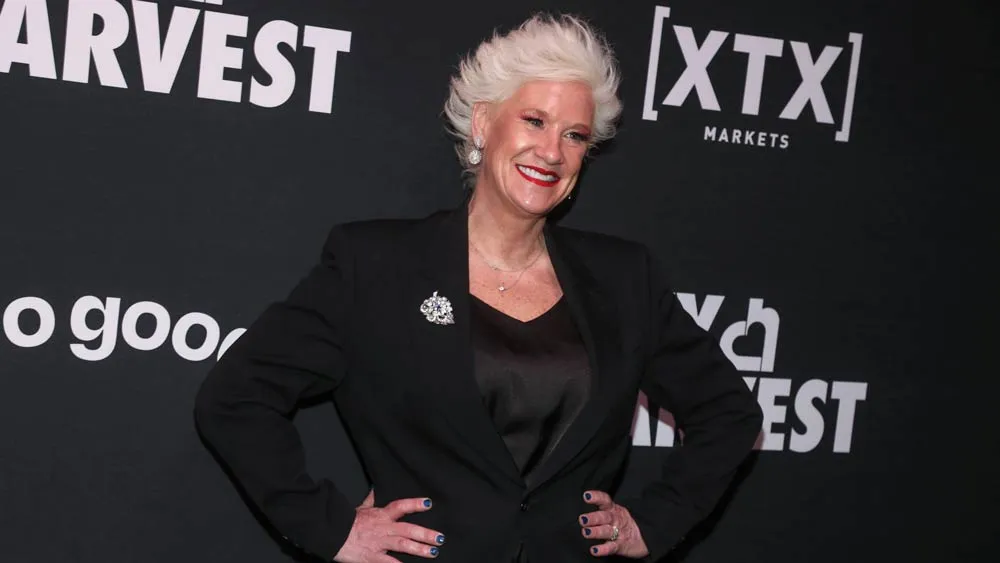April 22, 2016
Cuba Relents, Allows Cuban-Born Travelers on Historic Cruise
Curt Anderson, Michael Weissenstein READ TIME: 2 MIN.
Cuba has loosened a policy banning Cuban-born people from arriving by sea, allowing Carnival Corp. to go forward with the first U.S. cruise to the island in a half-century, the Cuban government and the Miami-based cruise liner announced Friday.
The company at first barred Cuban-born Americans from buying tickets for the planned May 1 cruise to comply with Cuba's ban, drawing complaints from the Cuban-American community in Miami and a discrimination lawsuit. Then, the company said it would sell tickets to Cuban-Americans but hold the cruise only if Cuba relented and changed its policy.
Early Friday, Cuban state media announced the loosening of the maritime ban, and Carnival CEO Arnold Donald said in a statement that the trip would go forward May 1 from Miami. The 704-passenger Adonia of Carnival's Fathom brand is scheduled to make the initial seven-day trip, with future cruises planned every other week.
Donald said Carnival negotiated a change in Cuban policy, and that now its cruise ships and other commercial vessels will be treated the same as aircraft, which already are permitted to carry Cuban-born passengers.
"This is a positive outcome and we are extremely pleased," Donald said "We want to extend our sincere appreciation to Cuba and to our team who worked so hard to help make this happen."
In Havana, Cuban state media said the change is part of a broader shift in policy that removes many of the prohibitions on Cubans traveling by ship. Those prohibitions were put in place in response to Cuban exiles launching attacks from the water in the first years after the Cuban revolution.
The Cuban government said people born in Cuba will now be able to travel as passengers and crew on merchant ships and cruise ships, and will eventually be allowed on board yachts as both passengers and crew. The announcement does not specifically mention ferries.
Carnival originally adhered to Cuba's longstanding previous policy by preventing Cuban exiles from booking passage on the cruise, sparking protests by Cuban-Americans outside the company's Doral headquarters, criticism from Secretary of State John Kerry and local politicians and a federal lawsuit that claimed discrimination.
Miami-Dade County Mayor Carlos Gimenez, a Cuban-American who had questioned the previous Carnival policy, said Carnival Chairman Micky Arison called him Friday about the agreement. Arison also owns the NBA's Miami Heat.
"This policy change was the right thing to do, and I congratulate both Mr. Arison and Carnival on their efforts in what is probably one of the very few times that a corporation has successfully negotiated the changing of a policy with the Cuban government," he said in a statement.
Beginning May 1, the Fathom will visit the ports of Havana, Cienfuegos and Santiago de Cuba. Carnival says bookings will start at $1,800 per person and feature an array of cultural and educational activities, including Spanish lessons.
The cruise is among the many changes in U.S.-Cuban relations since a thaw between the old Cold War foes began in late 2014.
Carnival is the world's largest cruise line, operating 10 brands with 100 ships that visit 700 ports worldwide, according to the company.




